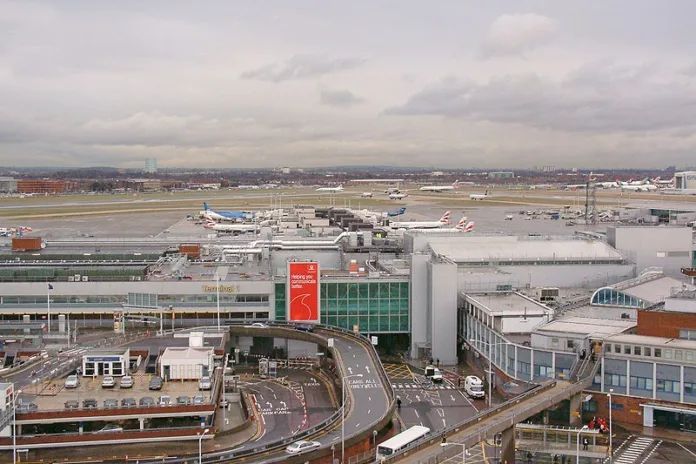National Grid claims Heathrow had the power to stay open, raising questions over the airport’s handling of the crisis
The head of National Grid has revealed that Heathrow Airport could have remained open during Friday’s power outage, raising fresh questions over how the crisis was handled.
John Pettigrew, the chief executive of National Grid, confirmed that while a fire at the North Hyde substation forced it to shut down, two other substations serving Heathrow were still operational and could have provided enough electricity to keep the airport running.
“There was no lack of capacity from the substations,” he said. “Each substation individually can provide enough power to Heathrow.”
The government has launched an investigation into the shutdown, which grounded flights for two days, affected 200,000 passengers, and is estimated to have cost airlines £60m to £70m.
Energy Secretary Ed Miliband said officials were determined to learn lessons from the outage and ensure better energy resilience for the UK’s critical infrastructure.
Heathrow’s chief executive, Thomas Woldbye, defended the airport’s response, arguing that Heathrow consumes as much energy as an entire city and does not have backup power for key systems like baggage handling, fuel supply, and air bridges.
Embed from Getty Images“Safety systems worked, and we could get aircraft in and out,” he said. “But most of the infrastructure came to a standstill while we reset.”
However, Pettigrew challenged that assessment, stating that power was always available from the other substations. “It’s a question for Heathrow as to why they took the action they did,” he added.
On the day of the fire, Woldbye admitted Heathrow’s power supply was a “bit of a weak point” and later told the BBC that switching to other substations takes time.
“I don’t know of an airport that has a backup system that can instantly restore power on this scale,” he said.
The fire, which burned through 25,000 litres of cooling oil, destroyed all three transformers at the North Hyde substation, including a backup transformer located further away.
The cause of the fire remains unknown, as the site is still too hot for forensic examination. Third-party involvement has not been ruled out, though counter-terrorism police have said they do not believe it was suspicious.
Fire crews and London Fire Brigade are leading the inquiry, focusing on electrical distribution failures.
Pettigrew admitted that questions would be asked about why the substation was built in a way that allowed one fire to knock out all three transformers.
“You have to build substations within the space available, and you do all you can to mitigate risks,” he said. “But that’s something the investigation will look into further.”
With millions lost and Heathrow’s crisis response under scrutiny, the investigation’s findings could have serious implications for how the UK’s busiest airport handles future emergencies.
SKY NEWS
National Grid CEO John Pettigrew has claimed Heathrow Airport had enough power from two backup substations despite the shutdown that disrupted 1,300 flights. Pettigrew insisted there was no lack of capacity, contradicting Heathrow’s assertion that a transformer failure made continued operations impossible.
Heathrow defended its response, calling the event “unprecedented” and citing the complexity of safely rebooting systems. However, a 2014 consultancy report had already warned of Heathrow’s weak electricity supply, predicting potential airport-wide disruptions.
As scrutiny grows, the government has ordered an inquiry into the crisis, with critics questioning Heathrow’s resilience and infrastructure planning.
THE TELEGRAPH
The Heathrow power failure has reignited concerns over poor risk management, with critics arguing that lessons from Covid were ignored. Letters highlight the airport’s failure to anticipate the impact of a single substation failure, despite its global importance. Experts note that transformer fires are common, yet Heathrow lacked adequate backup power, with one suggesting jet engine generators could have prevented the crisis.
Others contrast this with excessive regulation elsewhere, such as costly safety requirements for small events, while vital infrastructure remains neglected. Critics argue Britain obsesses over minor risks while failing to safeguard critical national assets.
Despite the backlash, some praise the swift response of emergency crews, air traffic controllers, and engineers for restoring operations within 24 hours. While Heathrow faces scrutiny, the incident underscores the need for stronger infrastructure resilience to prevent similar disruptions in the future.
